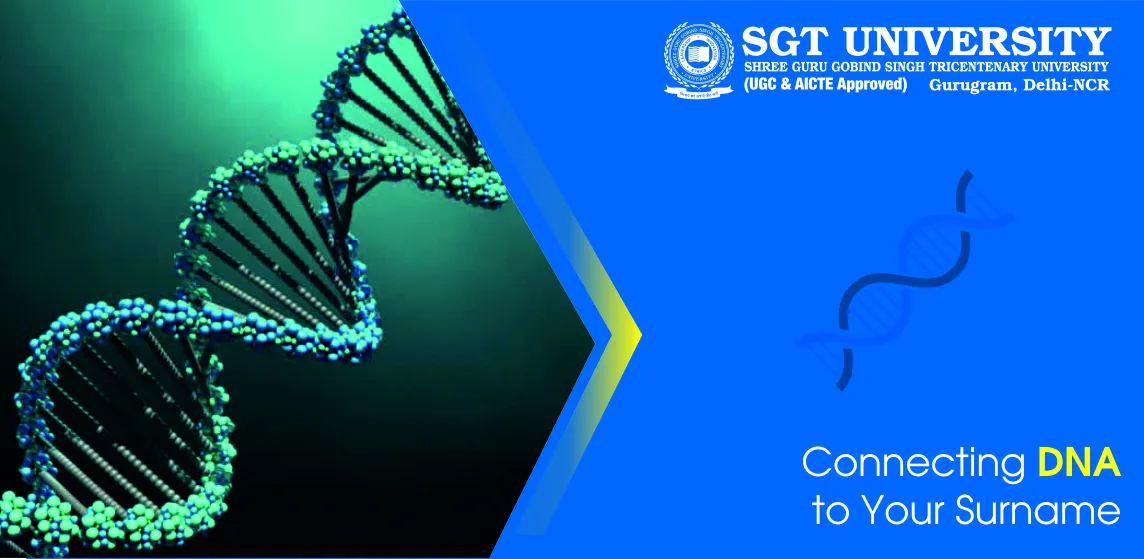Did you know your surname might be linked to your DNA, revealing fascinating insights into your genetic background? Yes, you read that correctly! Deoxyribonucleic acid (DNA), the molecule that carries biological instructions in all living organisms, could hold the key to uncovering your surname and family history. Let's dive into how DNA and your surname are interconnected and explore the exciting possibilities this opens up.
Your DNA is Special—Just Like Your Surname!
We all like to believe we're unique, and our DNA proves it! But what many don't realize is that your genetic fingerprint can also unlock information about your surname and ancestry. If you're familiar with the concept of genetic fingerprinting, you'll be intrigued to learn that the latest research takes this method further. Scientists are now working on techniques that might allow them to identify men's surnames simply by analyzing their DNA.
New Genetic Links Between Surnames and DNA
A groundbreaking study examined over 2,500 men with different surnames and found a significant connection: men who shared the same surname were more likely to be genetically related. This discovery suggests a fascinating new link between your last name and your DNA.
How Genetic Fingerprinting Works
So, how does this revolutionary method work? The answer lies in the Y chromosome. Just as surnames are passed down through generations, the Y chromosome is transmitted along the male line with little variation. By isolating this chromosome in a man's DNA, researchers can cross-check it with a vast database of 40,000 surnames. If a match is found, it opens the door to uncovering a person's genealogical history.
For surnames that are particularly rare, there's an even higher chance of finding a match—up to 87%! This powerful tool not only links individuals genetically but also connects them through their family name. Though it hasn't garnered much attention until now, this method could have profound implications for both genealogy and forensic science.
Applications in Genealogy and Forensic Science
This emerging research could prove invaluable to genealogists and law enforcement agencies alike. Imagine a scenario where DNA is collected from a crime scene, and investigators can use it to predict the likely surname of a suspect. This information, combined with other clues, could help narrow down suspects more quickly and efficiently.
While the technique won't be used alone, it could complement existing criminal investigation methods, offering a valuable tool in directing detectives toward potential suspects, especially in cases where the surname is rare and thus more likely to result in a match.
Challenges of the Technique
Despite its promise, there are some challenges with this approach. For example, if an individual was adopted or had a name change, the technique might become less reliable. Additionally, police would need to use this DNA-to-surname method in conjunction with other investigative tools to avoid potential misidentifications.
Final Thoughts
While still in development, this exciting research paves the way for new applications in genealogy and forensic science. By connecting the dots between DNA and surnames, we can unlock the hidden stories within our genetic makeup—stories that trace back through generations.
Author:
Vipin Yadav
Department of Forensic Science
Faculty of Applied and Basic Sciences
SGT University


